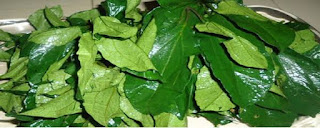POOR EATING HABITS IN CHILDREN

Eating habit is the way a person eats which can be considered in terms of what types of food are eaten, in what quantity and at what time. Poor eating habit in children is when children tend to have high quest for eating foods that are not healthy for them as against healthy foods that are good for their healthy growth and development. Parents unconsciously promote poor eating habits in children, these they do by giving their children foods that are high in sugar and fats. These foods are usually presented in form of snacks, just to bribe a crying child. This child might get accustomed to this trend, rather than eat real foods. It would get to a point where the child would throw tantrums just to get his desired bribe- junk food. Some parents even form the habits of giving junk food for comfort purposes, not because the childay is hungry. These are poor eating habits and they are harmful to the healthy growth and development of a child Parents should try as much as possi...












